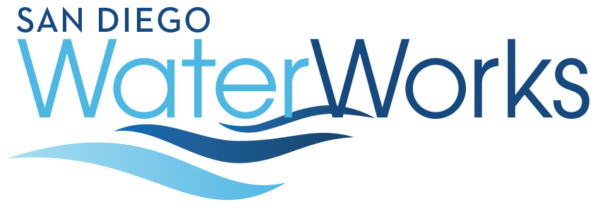 Electrical / Instrumentation Technician
Electrical / Instrumentation Technician
Electronic equipment is used throughout water, wastewater, and power systems to monitor and control factors such as flow and water quality. Because of the dependence of modern water and wastewater systems on accurate collection and transmission of data, the work of an E/I Tech is crucial to operational reliability.
General Knowledge, Skills & Abilities
- Knowledge of practices, theories, methods, techniques, tools and equipment used in the design, installation, testing, calibration, maintenance and repair of electronic, process control, supervisory control, networked communications equipment and devices common to a large waterworks system;
- PLC ladder logic programming; networked communications, diagnoses and support;
- Operating characteristics of electronic components, including microprocessor controls;
- Practices, methods, techniques, tools and equipment used in the design, installation, testing, maintenance and repair of industrial electrical equipment common to a large waterworks system;
- Ability to test, diagnose, calibrate and repair a wide variety of electrical and electronic instrumentation devices, motors, machinery and equipment common to the waterworks field;
- Fiber optic basics;
- Read and interpret plans, specifications and manuals; exercise independent judgment and initiative within established guidelines.
Experience Requirements
- Equivalent to the completion of the twelfth grade is generally the minimum educational requirement.
- Two years of journey-level experience in the design, installation, maintenance and repair of complex electrical and electronic equipment and devices common to a large water works is the typical job experience requirement.
Available Positions
There are currently no vacancies.
